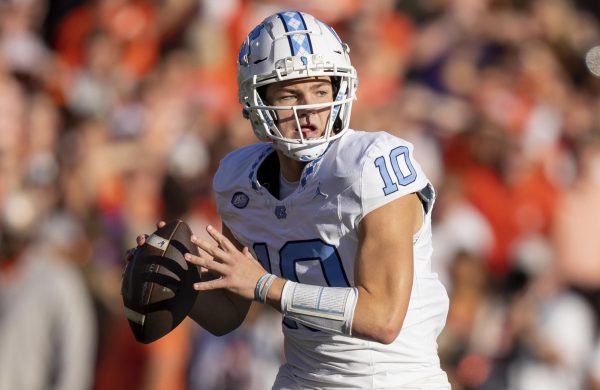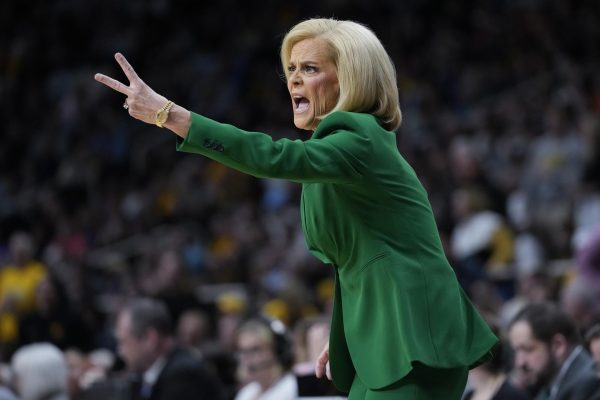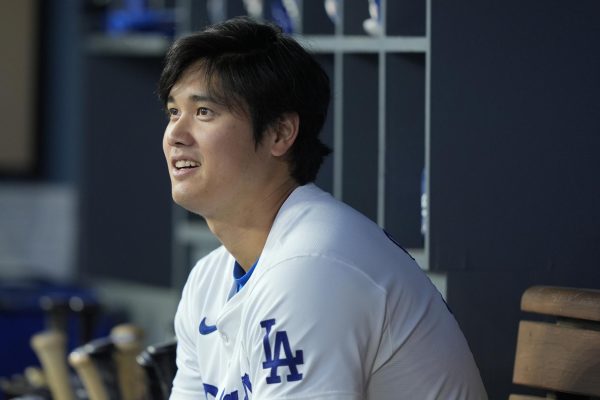Urban Meyer Announces Retirement from OSU
On December 4, Urban Meyer announced that he would retire as head football coach for the Ohio State Buckeyes at age 54, with offensive coordinator Ryan Day taking over after the Rose Bowl game against Washington on New Year’s Day. While Meyer has faced ongoing health problems for years, and was rightfully criticized for his recent handling of former assistant coach Zach Smith’s domestic violence problems, his accomplishments set him apart as one of the greatest college football coaches of this era.
Before Meyer joined Ohio State in 2012, he had already established himself as one of the best coaches in college football. Making careerstops at Bowling Green, Utah and Florida, he amassed a record of 104-23. In his final season at Utah in 2004, he led an undefeated season, and quarterback Alex Smith was selected first overall in the 2005 NFL Draft.
Meyer’s six-year run at Florida is remembered for the 2006 and 2008 national championships led by 2007 Heisman Trophy winner Tim Tebow.
Meyer came to Ohio State in 2012 amidst a difficult situation in the football program. The team was facing a postseason ban after some of its players sold memorabilia in exchange for tattoos.
He quickly made fans forget about the scandal by winning the first 24 games, and then leading Ohio State all the way to the top of the college football world in 2014, beating Oregon to win the first College Football Playoff National Championship.
Meyer led Ohio State to three Big Ten championships and made the College Football Playoff a second time in 2016. Under Meyer, Ohio State won at least 12 games every season except one, during which they won 11, and never lost more than two games in a season.
Most importantly, Ohio State never lost to its rival, Michigan, under Meyer. His current record at Ohio State is 82-9, and his winning percentage is a remarkable .901, marking him among the greatest college coaches ever.
Meyer’s health problems date back to 2009 and have gotten worse in recent years. His first scare came after the 2009 SEC Championship Game, when he woke up with chest pains and went to the hospital. He had surgery on a cyst in his brain in 2014 to prevent headaches, but his headaches have reappeared over the past two seasons.
These health problems, in combination with the three-game suspension Meyer served because of how he handled domestic abuse allegations against Smith, made this season one of Meyer’s most challenging.
During the investigation of Smith, which lasted most of August, Meyer was placed on paid leave, and could not be in contact with the team.
Due to the cyst in his brain, Meyer often dealt with severe headaches during games. In the October 6 game against Indiana, Meyer fell to the ground and Ohio State Athletic Director Gene Smith told Meyer he would need to remove him from the sidelines if that were to happen again.
“I was worried that I was going to have to speak at my friend’s funeral,” former Buckeye Cris Carter said on Fox Sports 1’s “First Things First.”
With all of the adversity Meyer has faced this season and his ongoing health problems that the stress of coaching exacerbates, retirement was the only rational decision he could make.
While some fans will remember Meyer as a legendary coach and others for how he handled allegations against Smith, there is no doubt that his most important achievement is the impact he had on the countless young men he coached.
In his retirement press conference, when asked about what he would miss most about coaching, Meyer asserted that the players were the obvious choice. Former and current Buckeyes were equally as appreciative of Meyer. Many reflected on Twitter.
“I shed a tear every time thinking about the impact you had on my life and many other individuals. You provided tools for success,” 2014 National Champion under Meyer and New Orleans Saints wide receiver Michael Thomas said.
“Nothing but love for this man right here. Couldn’t thank him enough for what he’s done for me and my family,” Buckeye punter Drue Chrisman said.
Meyer will go down as one of the all time great college coaches because of his unparalleled achievements on the field and the impact he has had on numerous lives.
Contact Matthew Frankel at [email protected].










